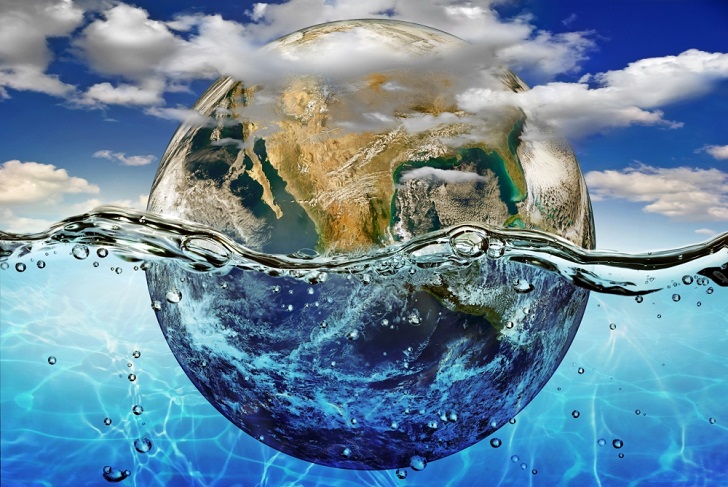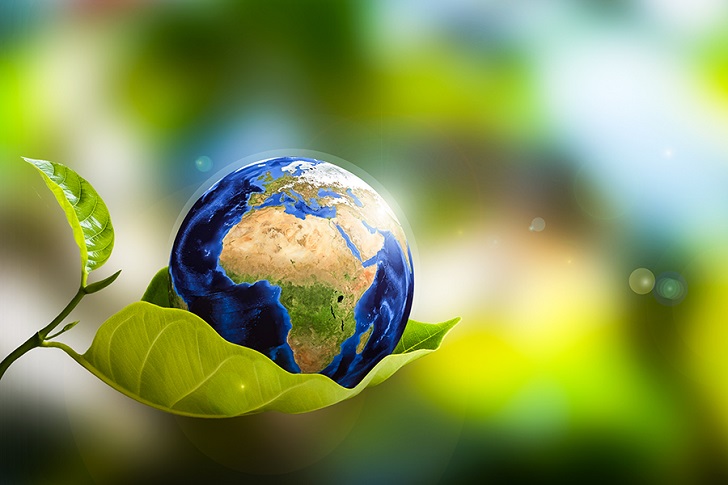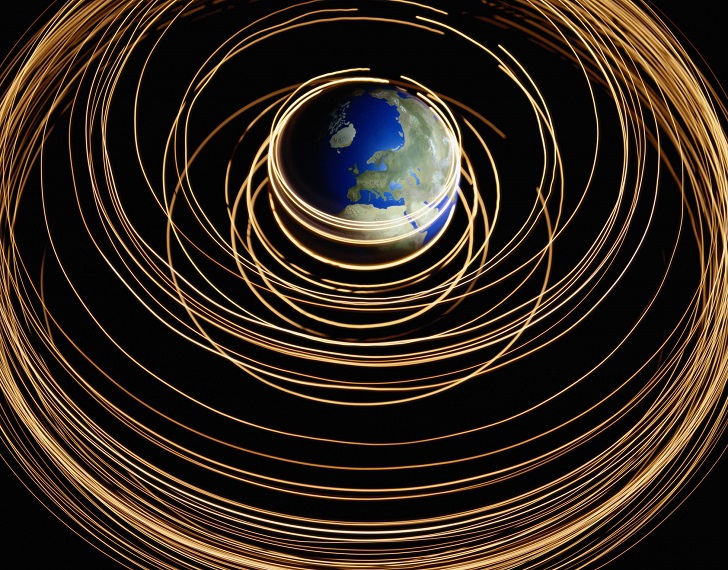Earth is the third planet from the sun and the only known planet that supports life. It is a fascinating place with a rich history and many unique features. Here are some interesting facts about Earth that you may have yet to learn.
Earth is the fifth largest planet in our solar system.
Earth is the fifth largest planet in our solar system, with a diameter of 7,917 miles (12,742 km). Despite its size, it is considered a small planet compared to giant gas planets like Jupiter and Saturn.
Earth is the densest planet in our solar system.

Sonia Fernandez/ UCSB | The Earth will not continue to offer its harvest, except with faithful stewardship
Earth is the densest planet in our solar system, with an average density of 5.51 grams per cubic centimeter. This is due to its large iron core, about one-third of its total mass.
Earth has a unique atmosphere.
Earth's atmosphere is unique because it contains a high amount of oxygen necessary for life. The atmosphere is also composed of 78% nitrogen, 21% oxygen, and 1% other gases. This mixture of gases helps to protect the planet from harmful radiation and keeps the planet's temperature within a range that supports life.
Earth has a magnetic field.
Earth's magnetic field acts as a protective shield against solar winds and cosmic rays. This magnetic field is generated by the motion of charged particles in the planet's core, and it helps maintain a stable Earth's climate and is essential for life.
Earth has a day and a year.

Shutterstock/ Forbes | Treat the earth how you want the earth to treat you
Earth rotates on its axis once every 24 hours, which is why we have a day and a night. Earth also takes 365.25 days to orbit the sun, which is why we have a year. The extra quarter day is why we have a leap year every four years.
Earth has a diverse climate.
Earth has a diverse climate, with temperatures ranging from the polar regions' extreme cold to the equator's scorching heat. This climate variation is due to several factors, including the planet's tilt, rotation, and distribution of land and water.
Earth has a rich history.
Earth has a rich history, with evidence of life dating back billions of years. The planet has seen the rise and fall of many civilizations and has been the birthplace of some of the most important inventions and innovations in human history.
Earth is home to a diverse array of species.
Earth is home to a diverse array of species, with over 8.7 million known species of plants, animals, and microorganisms. Many of these species are found nowhere else, making Earth a unique and precious place.
Earth is constantly changing.

Lawrence Lawry/ Getty Images | Let every breath, every word, and every step make mother earth proud of us
Earth is constantly changing, with geological processes shaping the planet's surface over millions of years. Earthquakes, volcanic eruptions, and weather patterns all play a role in shaping the planet, and scientists are still discovering new ways that Earth is changing daily.
Earth is a small part of the universe.
Earth is a small part of the universe, with an estimated 100 billion planets in our galaxy alone. Despite its small size, Earth is a precious and unique place, and we must work to protect it for future generations.





